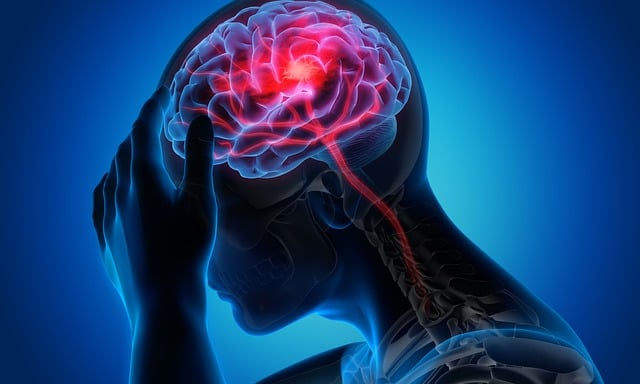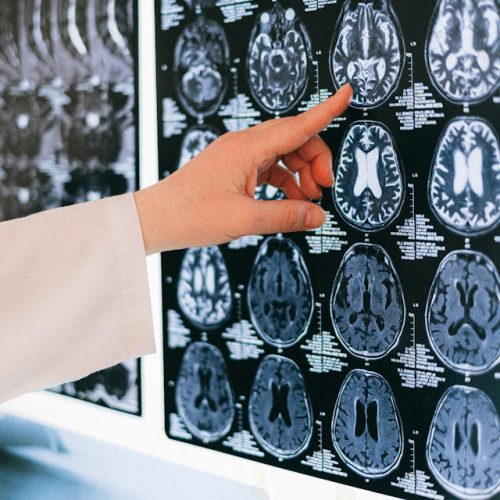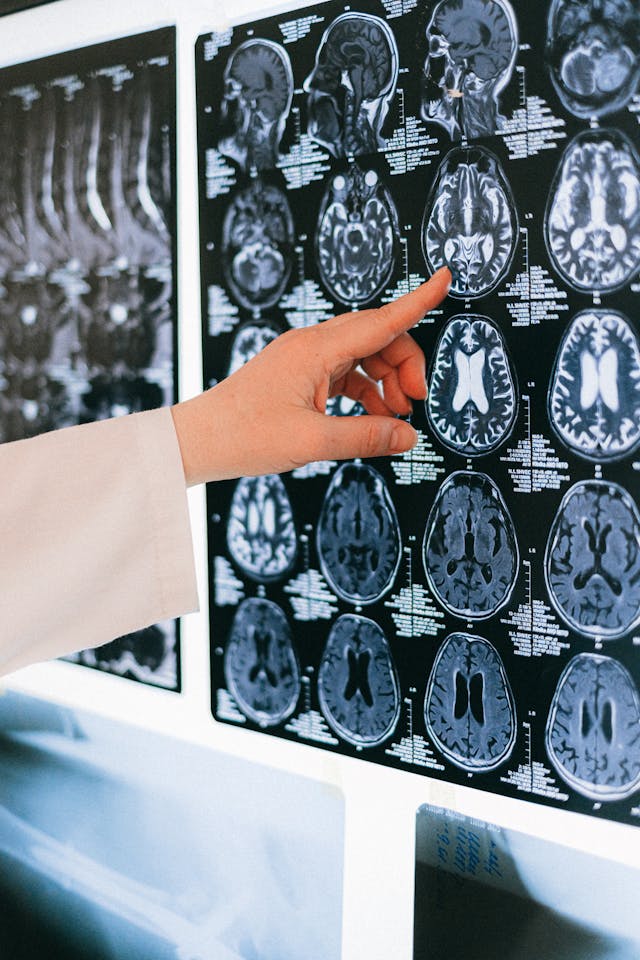Migraines are not just severe headaches; they are a complex neurological condition that can significantly impact a person’s quality of life. Among the various health challenges associated with migraines, depression stands out as a significant concern.
This article explores the connection between migraines and depression, detailing symptoms, causes, risk factors, diagnosis, treatment options, and prevention strategies. Understanding this link is essential for effective management and improving overall well-being.
Symptoms and Signs
Symptoms of Migraines:
- Headache Pain: Intense, throbbing pain usually on one side of the head.
- Nausea and Vomiting: Common during migraine attacks.
- Sensitivity: Increased sensitivity to light, sound, and sometimes smell.
- Aura: Visual disturbances such as flashes of light, blind spots, or zigzag patterns.
- Fatigue: Feeling extremely tired or weak before, during, or after a migraine.
Symptoms of Depression:
- Persistent Sadness: Feeling sad, empty, or hopeless most of the day.
- Loss of Interest: Reduced interest or pleasure in activities once enjoyed.
- Appetite Changes: Significant weight loss or gain unrelated to dieting.
- Sleep Disturbances: Insomnia or excessive sleeping.
- Fatigue: Persistent tiredness or lack of energy.
- Feelings of Worthlessness: Excessive or inappropriate guilt.
- Difficulty Concentrating: Trouble focusing, making decisions, or remembering things.
- Suicidal Thoughts: Recurring thoughts of death or suicide.
Causes and Risk Factors
Causes of Migraines:
- Genetics: Family history of migraines.
- Environmental Triggers: Stress, certain foods, weather changes, and hormonal fluctuations.
- Neurological Factors: Abnormal brain activity affecting nerve signals, chemicals, and blood vessels.
Risk Factors for Migraines and Depression:
- Chronic Pain: Persistent pain from migraines can lead to emotional distress and depression.
- Disability: Migraines can cause significant impairment in daily activities, leading to frustration and sadness.
- Stress and Anxiety: Frequent migraines can increase stress and anxiety levels, contributing to depression.
- Sleep Disturbances: Both migraines and depression can cause and be exacerbated by poor sleep quality.
- Hormonal Changes: Especially in women, hormonal fluctuations can trigger migraines and affect mood.
Diagnosis
Diagnosing migraines and depression involves a comprehensive approach:
- Medical History: Review of personal and family medical history, including migraine patterns and emotional health.
- Physical Examination: Assessment of physical symptoms and migraine triggers.
- Neurological Examination: Evaluation of brain and nerve function.
- Mental Health Evaluation: Questionnaires and interviews to assess mood, behavior, and thoughts.
Treatment for Migraines:
- Medications: Pain relievers, triptans, anti-nausea drugs, and preventive medications.
- Lifestyle Changes: Avoiding known triggers, maintaining a regular sleep schedule, and practicing stress management techniques.
- Alternative Therapies: Acupuncture, biofeedback, and cognitive behavioral therapy (CBT).
Treatment for Depression:
- Medication: Antidepressants to help balance brain chemicals.
- Therapy: Cognitive Behavioral Therapy (CBT) and other forms of counseling.
- Lifestyle Changes: Incorporating stress management techniques, regular exercise, and a balanced diet.
- Support Groups: Joining depression support groups for shared experiences and support.
Prevention
Preventing migraines and managing depression involves adopting healthy habits and proactive strategies:
- Healthy Lifestyle: Maintaining a balanced diet, regular exercise, and a healthy weight.
- Avoiding Triggers: Identifying and avoiding personal migraine triggers.
- Stress Management: Practicing relaxation techniques like meditation, yoga, and deep breathing exercises.
- Regular Sleep Schedule: Ensuring consistent sleep patterns to reduce migraine frequency and improve mood.
- Routine Medical Check-Ups: Regular visits to healthcare providers to monitor and manage symptoms.
Talking to Your Doctor
If you suspect that migraines might be contributing to your depression, it’s essential to talk to your doctor. Here are some steps to take:
- Prepare Your Symptoms: Keep a detailed record of both your physical and psychological symptoms.
- Medical History: Share your complete medical history, including any family history of migraines or depression.
- Ask About Tests: Inquire about specific tests for diagnosing migraines and assessing mental health.
- Discuss Treatment Options: Explore possible treatment plans that address both migraines and depression.
Disclaimer
This article is for educational purposes based on my research. I am not a doctor nor a health advisor. None of the information in this article should be considered without speaking with your primary care doctor first.








